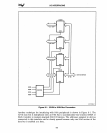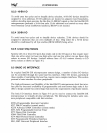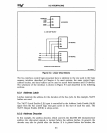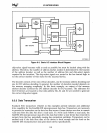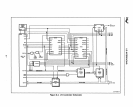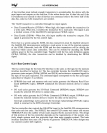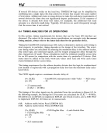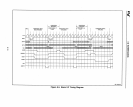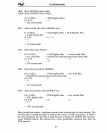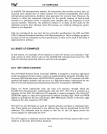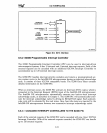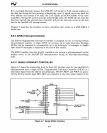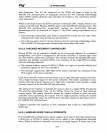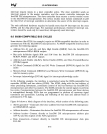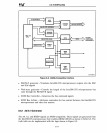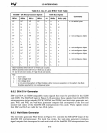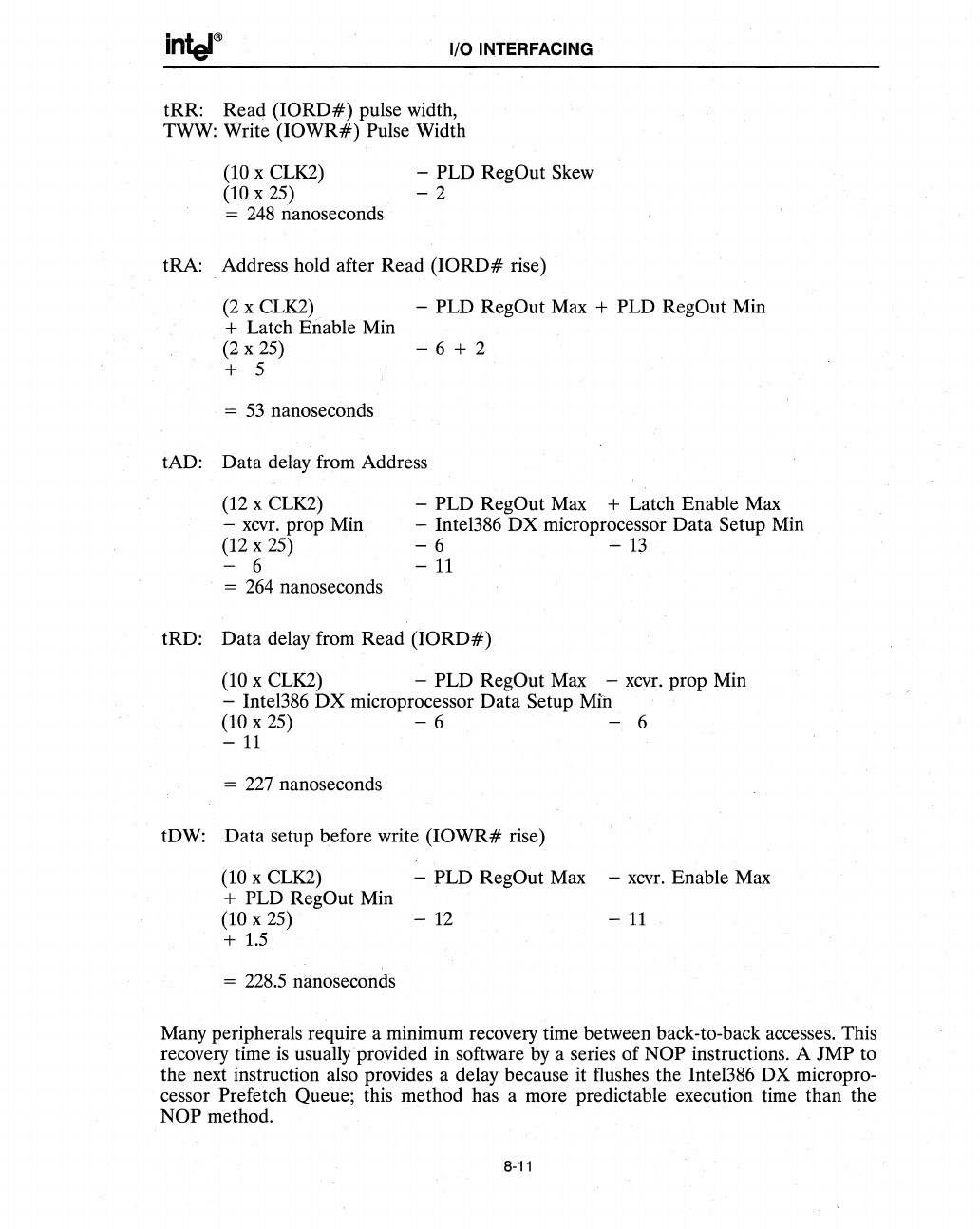
I/O INTERFACING
tRR: Read
(IORD#)
pulse width,
TWW: Write
(IOWR#)
Pulse Width
(10 x CLK2)
(10 x 25)
=
248
nanoseconds
-
PLD RegOut Skew
-2
tRA: Address hold after Read
(IORD#
rise)
(2
x CLK2) - PLD RegOut
Max
+ PLD RegOut Min
+ Latch Enable Min
(2 x
25)
- 6 + 2
+ 5
=
53
nanoseconds
tAD: Data delay from Address
(12 x CLK2)
-
xcvr.
prop Min
(12 x 25)
- 6
=
264
nanoseconds
-
PLD RegOut Max + Latch Enable
Max
- Intel386
DX
microprocessor Data Setup Min
- 6 -
13
-11
tRD: Data delay from Read
(IORD#)
(10 x CLK2) - PLD RegOut Max -
xcvr.
prop Min
- Intel386
DX
microprocessor Data Setup
MIn
(10 x
25)
- 6 - 6
-11
=
227
nanoseconds
tDW:
Data
setup before write
(IOWR#
rise)
(10
x CLK2) - PLD RegOut Max -
xcvr.
Enable Max
+ PLD RegOut Min
(10
x
25)
-
12
-
11
+
1.5
=
228.5
nanoseconds
Many peripherals require a minimum recovery time between back-to-back accesses. This
recovery time
is
usually provided in software
by
a series of NOP instructions. A JMP to
the next instruction also provides a delay because it flushes the Intel386 DX
micropro-
cessor Prefetch Queue; this method has a more predictable execution time than the
NOP method.
8-11



